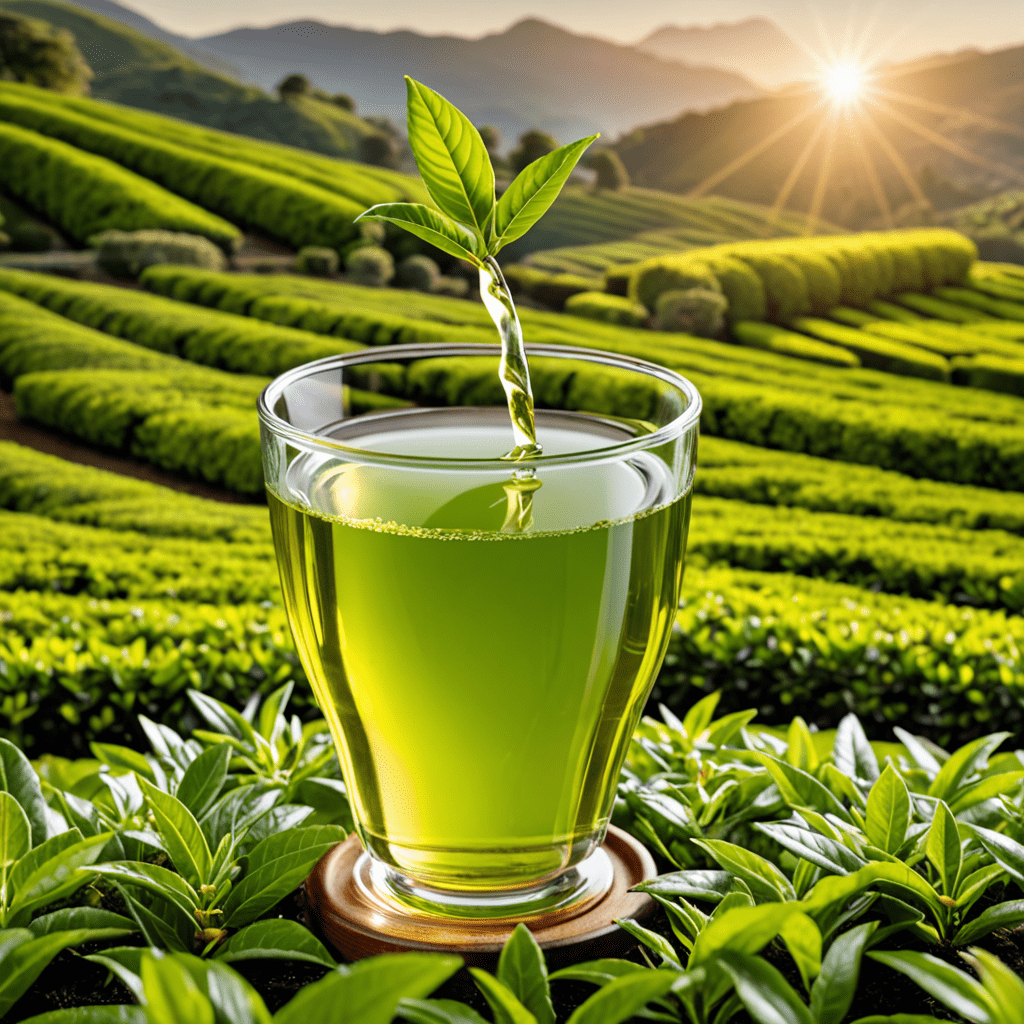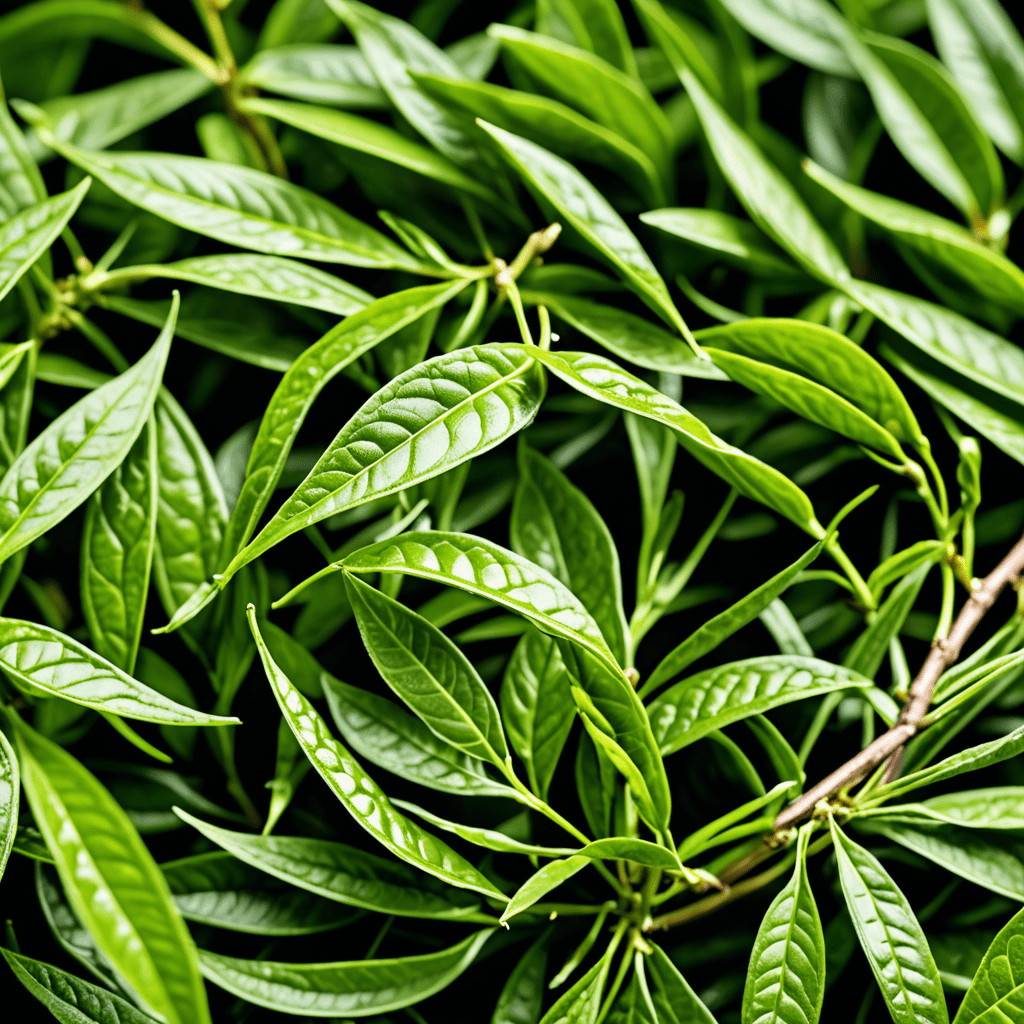
Where is Lipton Green Tea Grown: A Journey to the Origins
Green tea has gained immense popularity worldwide due to its numerous health benefits and refreshing taste. Among the top brands of green tea, Lipton stands out as a trusted and well-established name. But have you ever wondered where Lipton green tea is grown? In this article, we will take you on a journey to explore the origins of Lipton green tea and discover the countries where it is cultivated.
The Global Cultivation of Lipton Green Tea
Lipton green tea is cultivated in several countries across the globe. Let’s explore some of the major contributors to Lipton’s green tea production.
1. China: The Birthplace of Tea
China holds a rich heritage and is famous for being the birthplace of tea. It boasts a long history of tea cultivation and production. Lipton sources green tea leaves from various regions in China, such as Zhejiang, Anhui, and Jiangsu provinces. The unique climatic conditions and fertile soils in these regions contribute to the growth of exceptional tea leaves.
2. India: An Enriching Tea Tradition
India is renowned for its tea plantations, and Lipton has also been sourcing green tea leaves from this vibrant country. Regions like Darjeeling and Assam in India have favorable climates for tea cultivation. The altitude, rainfall patterns, and distinctive soil composition in these regions contribute to the flavors and quality of green tea.
3. Kenya: A Rising Star in Tea Production
Kenya has emerged as one of the leading tea-producing countries in recent years. Lipton recognizes the potential of Kenyan tea plantations and sources a significant portion of its green tea leaves from this East African country. The high elevations and favorable climate in areas like the Rift Valley and Mount Kenya make it conducive for high-quality green tea cultivation.
4. Sri Lanka: The Land of Ceylon Tea
Ceylon tea from Sri Lanka has gained worldwide recognition for its exceptional quality. Lipton sources green tea leaves from selected tea gardens in Sri Lanka, where the climatic conditions, along with skilled cultivation and processing methods, contribute to the unique taste of the tea.
5. Vietnam: A Growing Force in Tea Production
Vietnam has seen a rapid growth in its tea production industry, and Lipton has included it as one of the origins for its green tea. The favorable climate and fertile soils in areas like Thai Nguyen and Lam Dong provinces allow for the cultivation of high-quality tea leaves.
6. Other Regions: Diversifying the Origins
Lipton also sources green tea leaves from other tea-producing regions such as Indonesia, Japan, Argentina, and Turkey. By diversifying its sources, Lipton ensures a wide array of flavors and characteristics found in their green tea blends.
Frequently Asked Questions about Lipton Green Tea’s Origins
Is Lipton green tea organic?
Lipton offers a range of green teas, including organic options. Depending on the specific product, Lipton sources organic tea leaves from certified organic tea gardens.
Are all varieties of Lipton green tea grown in the same regions?
No, the origins of Lipton green tea can differ depending on the specific variety. Lipton carefully sources its green tea leaves from multiple countries to ensure a diverse range of flavors and characteristics.
How does the origin of Lipton green tea affect its taste?
The origin of green tea plays a crucial role in determining its taste. Each region has unique environmental factors that influence the flavor profile of the tea leaves. The soil composition, altitude, climate, and cultivation practices all contribute to the distinctive taste of Lipton green tea.
Does Lipton have sustainability initiatives in place for its tea production?
Yes, Lipton is committed to sustainability throughout its supply chain. The company works closely with tea growers to ensure responsible farming practices, protect ecosystems, and support the overall well-being of the communities involved in tea production.
Can I visit the tea plantations where Lipton green tea is grown?
While Lipton does not organize tours of its tea plantations specifically, some tea-growing regions offer tea tourism experiences. Visiting tea plantations provides a unique opportunity to learn about the cultivation, harvesting, and processing of tea leaves.
How can I ensure the authenticity of Lipton green tea from different regions?
Lipton follows rigorous quality control measures to ensure the authenticity of its green tea products. Look for the Lipton brand logo and labels that indicate the specific origin of the tea leaves to ensure the product’s authenticity.
As you enjoy your cup of Lipton green tea, take a moment to appreciate the diverse origins of the tea leaves that resulted in its unique and delightful taste.


